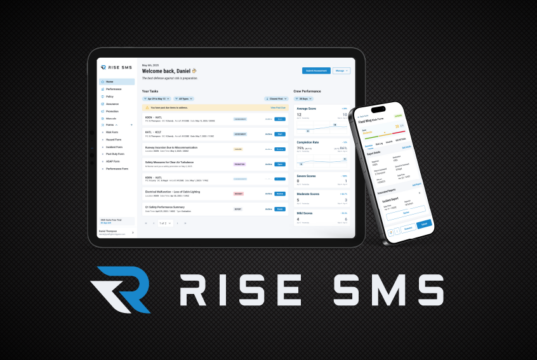
Many pilots are surprised when we share this: If someone missed the ten best days in the market (over the past 25 years), an investment of $100,000 in large-cap stocks would have grown to about $450,000. However, if that same individual stayed in and didn’t miss those ten days, their $100,000 investment would have multiplied by almost ten times and grown to almost $980,000.
Simply, over the long run, the market has historically gone higher after every decline, and an investor should be able to significantly increase their chances of success by simply staying invested!
If the numbers speak for themselves, why do so many of us feel the urge to abandon our plan at the first sign of turbulence? This stay-the-course conversation happens all the time, and in fact, it occurred just as much before COVID-19 as it does now.
The most common theme that comes up when digging into why we’re spurred into action in times of uncertainty is probably not surprising – emotion. It’s entirely understandable when you consider that your financial success is one of the most important factors in your life. Add to that a global pandemic, a volatile presidential election, and more than a decade-long record bull market (March 2020 aside) has made us forget that corrections and declines are normal. It’s no wonder most people find themselves concerned about the future of their nest egg at one time or another.
Fortunately, the most important step in dealing with this uncertainty is simple – partner with an advisor who will help you navigate the emotions that come with swings in the market.
With that in mind, here are three key areas to consider, and to discuss with your advisor, when you’re feeling the itch to ditch your plan and jump out of the market.
1. THE HEADLINES IN THE NEWS ARE NOT THE HEADLINES OF YOUR LIFE
While there is no perfect plan that prepares you for every possible scenario, and while all investments have risk, the plan you’ve built with your advisor has factored in your unique goals and needs to account for both a degree of uncertainty and for swings in the market.
Your sensibility, risk tolerance, and when you’ll need the money should dictate the direction of your plan, and not the headlines in the news.
If something significant happens, such as a change in your marital or family status, your income, work status, or your health (just to name a few), your advisor can update your plan to fit your needs. From pay raises to kids going off to college, to retirement, your personal financial situation, goals and needs are some of the driving forces that dictate how we help you build a plan to get you to where you aim to be.
Fluctuations in the market are common, and in most cases, not a good reason to make radical changes to your plan.
2. THE MEDIA HAS NO CRYSTAL BALL
If you’ve spent any time on social media or watching the news, you’ve been exposed to the various opinions and predictions that arise about everything from the stock market to the next big music artist, to the newest exercise routine. When it comes to your financial future, the media don’t have the answer.
Case in point, just consider the worry many people had about the recent election. I spoke with several clients who were understandably concerned that the outcome of the election would cause a massive downturn. These concerns are exacerbated by opinions of family, friends, and even acquaintances – online and in-person. Worry prompted some folks to consider selling their investments and “going to cash,” waiting for a sell-off, and then getting back in.
The week following the election, the market rose 10%.
No one enjoys losing money, but as this scenario shows: No matter how convinced you (or those around you) are in your beliefs about what is going to happen, none of us truly knows. Selling after the market falls locks in your losses. If you don’t sell, yes, your balances are down on paper, but all that’s really down is the price. And if you’re out of the market when that upswing occurs? You’ve missed it and locked in your losses.
3. WE’RE HERE TO HELP
Worrying about the security of your financial future is completely normal. It would be abnormal not to worry, at least some, about something this important, especially in uncertain times like we’ve experienced this past year.
The good news is that the team at RAA is here to help any time you have a question about your plan, your portfolio, or anything else related to your financial life.
Your peace of mind is why we do what we do, and it’s a privilege to partner with you on this journey. By working with you to craft a plan that takes into account the headlines of your unique situation, our goal is to help free you to focus more on whatever it is that brings you joy.
Everyone wants to know, when (or if) this bull market will become a bear. Are the worst effects of COVID-19 over? Will the economy fully re-open soon and how will that impact my investments?
There is as much anxiety now as there has ever been, and that’s totally understandable. We’re here to listen and to help. And when you have concerns or want to find out if a change to your plan makes sense, we’re only a phone call away. Request to speak with an airline-specialized advisor today at raa.com/advisor-call or call us at (800) 321-9123.
This article is intended for informational purposes only and should not be construed as individual investment advice. Actual recommendations are provided by RAA following consultation and are custom-tailored to each investor’s unique needs and circumstances. The information contained herein is from sources believed to be accurate and reliable. However, RAA accepts no legal responsibility for any errors or omissions. Investments in stocks, bonds and mutual funds may increase or decrease in value. Past performance does not necessarily predict future results.



































































































































































































































